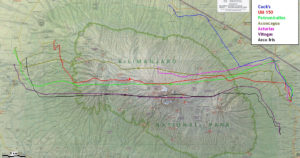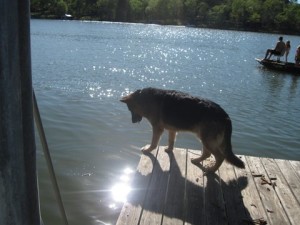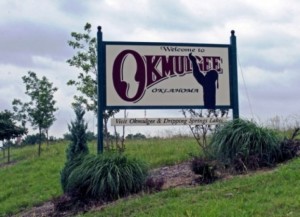Turning onto Xanthus Ave that Thursday evening, I glanced at my watch. “How will this go? Who will show up? Will I be on my game (whatever that means)?
The young lady of last night’s call had suggested the newly-arrived grad students I was preparing to meet were open to learn something of the story of Jesus. “Had any of these scholarly young men ever seen a Bible?”, I wondered, Influenced and shaped as they likely were by their homeland’s official doctrine of atheism.
A niggling question played at my own conscience, “How mindful am I of Jesus Christ in the course of my routine days?”
Dialing back the musings, I eased the car along the curb before the Jesus Inn. Minutes later I was settling into easy introductions and conversations with our new arrivals. The easy part was much to the credit of Weili, her cheery personality mitigating any sense of awkwardness. “At last,” I thought, smiling, “we have a face to go with that sing-song voice from the phone visit!”
That first evening at Jesus Inn – engaging, laughing with, welcoming the newcomers – served as a treasured early catalyst for us at the university. Propelling the ministry forward slow-motion, as we inched our way to becoming a truly transcultural family. We (students, volunteers, friendship partners) could with God’s help, steward a faith culture flowering in deep-hearted care, engaging throughout in meaningful acts of service.
Now – three decades in – the miracle of good seed planted, and of lives yet being changed for the good, stands as evidence that any misgivings or nail-biting angst earlier on were mere distractions. Several of the Jesus-Inn graduate students with their specialties (geology – information technology – petroleum) have proceeded wonderfully forward, bearing fruit within their fresh-discovered faith.
Issuing from the overflow of a young lady’s renovated heart.
©2024 Jerry Lout






